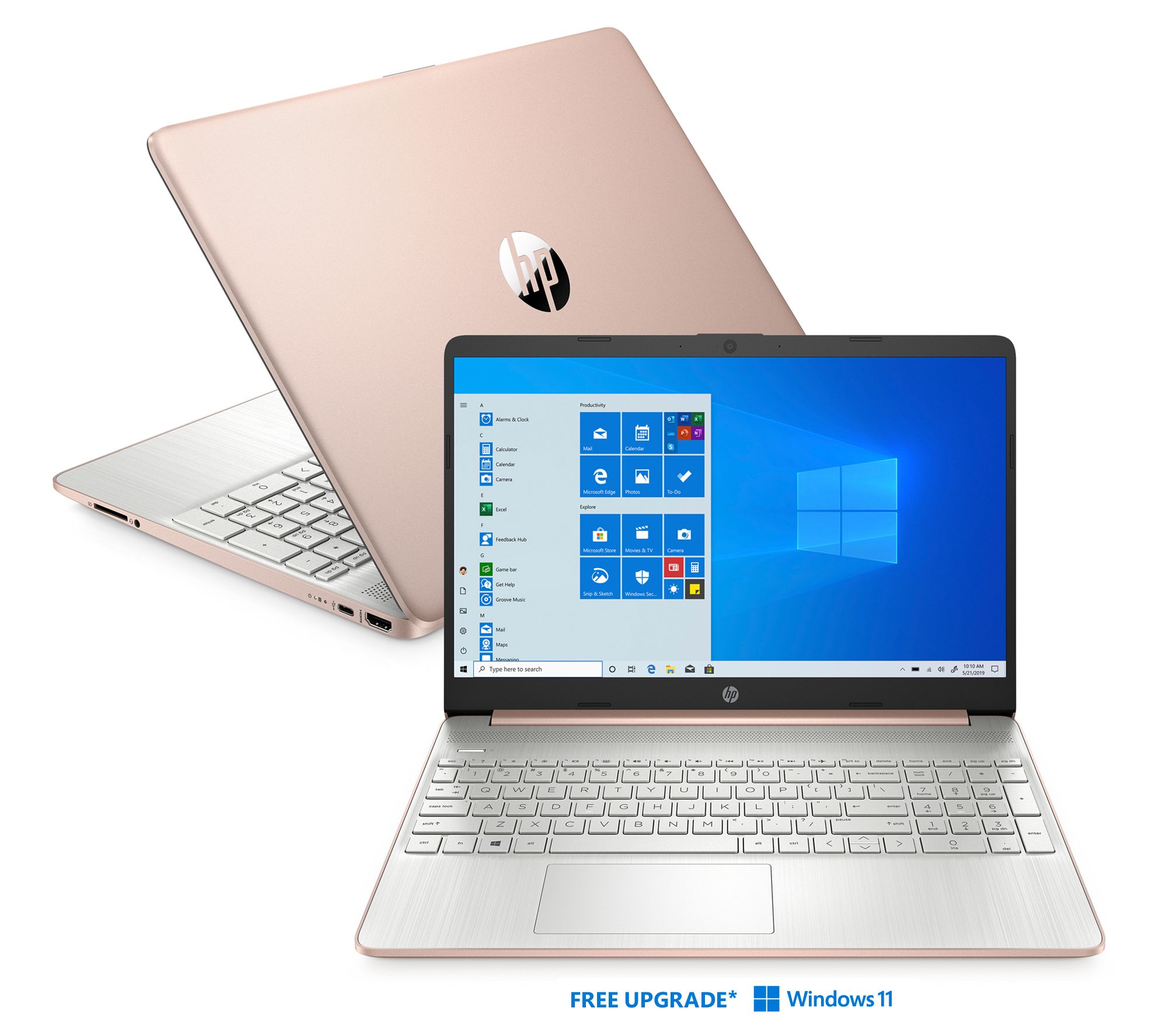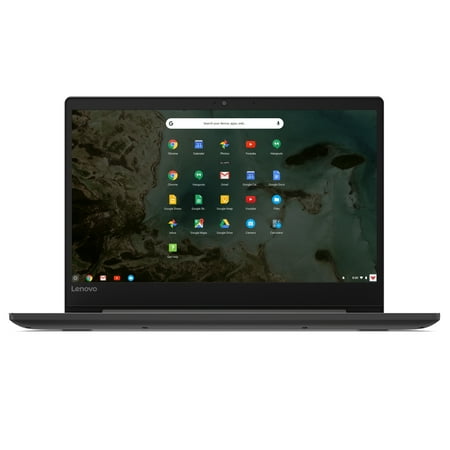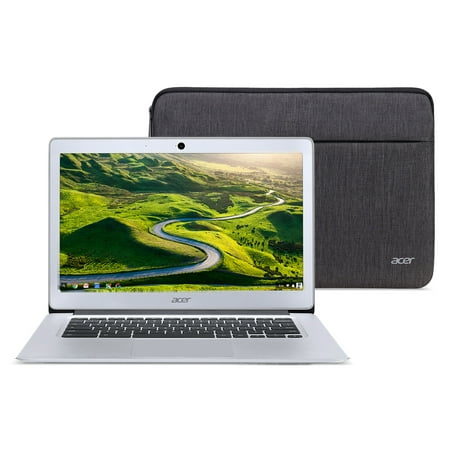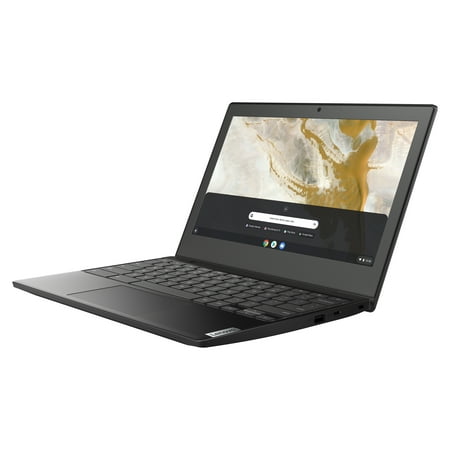HP 15″ Touch Laptop Intel Core i5 8GB RAM 512GB SSD with Microsoft 365
A new generation has arrived. Bring your computing experiences up to speed with the HP 15-dy2004ds touchscreen laptop.
A new generation has arrived. Bring your computing experiences up to speed with the HP 15-dy2004ds touchscreen laptop. Built to perform for today, tomorrow, and the foreseeable future, this beast boasts big features like an 11th-generation Intel i5 processor (new as of 2020), a 512GB solid-state drive (a fast file-storing system), and Wi-Fi 6 (faster, smoother, and more efficient Internet connection).
But don’t get overwhelmed by all the blazing-fast upgrades this laptop brings to your setup, it still operates in a way that feels familiar. Windows 10, an HD TrueVision webcam, a touchscreen display, and a Microsoft 365 subscription that just makes projects simpler — are all features that will continue to come naturally as you ditch your old computer and step into the future. From HP.
- Includes HP 15-dy2004ds touchscreen laptop with power adapter; and voucher
- Windows 10 Home operating system
- 11th-generation Intel i5-1135G7 quad-core processor with 8MB L3 cache, up to 4.2GHz with Intel Turbo Boost Technology
- 15.6″ diagonal BrightView LED-backlit touch display with 1366×768 resolution
- 8GB DDR4-2666 SDRAM
- 512GB PCIe NVMe solid-state drive
- Intel Wi-Fi 6 AX201
- Bluetooth 5.0 wireless technology
- Intel Iris X graphics
- HD audio with stereo speakers
- HP TrueVision HD camera with integrated dual-array digital microphone
- Full-size backlit keyboard with numeric keypad
- HP Imagepad with multi-touch gesture support
- 1-year Microsoft 365 subscription
- 3-cell lithium-ion battery
- SD, SDHC, SDXC memory card slot
- USB-C port
- Two USB-A ports
- HDMI port
- Headphone/microphone jack
- Measures approximately 14.11″W x 9.53″D x 0.71″H; weighs 3.75 lbs
- UL listed; 1-year Limited Manufacturer’s Warranty
- Imported
Fifteen or 15 may refer to:
- 15 (number), the natural number following 14 and preceding 16
- one of the years 15 BC, AD 15, 1915, 2015
365 may refer to:
- 365 (number), an integer
- a common year, consisting of 365 calendar days
- AD 365, a year of the Julian calendar
- 365 BC, a year of the 4th century BC
Intel Corporation is an American multinational corporation and technology company headquartered in Santa Clara, California, and incorporated in Delaware. Intel is one of the world's largest semiconductor chip manufacturers by revenue and ranked in the Fortune 500 list of the largest United States corporations by revenue for nearly a decade, from 2007 to 2016 fiscal years, until it was removed from the ranking in 2018. In 2020, it was reinstated and ranked 45th, being the 7th-largest technology company in the ranking.
Intel supplies microprocessors for most manufacturers of computer systems, and is one of the developers of the x86 series of instruction sets found in most personal computers (PCs). It also manufactures chipsets, network interface controllers, flash memory, graphics processing units (GPUs), field-programmable gate arrays (FPGAs), and other devices related to communications and computing. Intel has a strong presence in the high-performance general-purpose and gaming PC market with its Intel Core line of CPUs, whose high-end models are among the fastest consumer CPUs, as well as its Intel Arc series of GPUs, and sponsors the Intel Extreme Masters, a series of international esports tournaments. The Open Source Technology Center at Intel hosts PowerTOP and LatencyTOP, and supports other open source projects such as Wayland, Mesa, Threading Building Blocks (TBB), and Xen.
Intel (Integrated electronics) was founded on July 18, 1968, by semiconductor pioneers Gordon Moore (of Moore's law) and Robert Noyce, along with investor Arthur Rock, and is associated with the executive leadership and vision of Andrew Grove. The company was a key component of the rise of Silicon Valley as a high-tech center, as well as being an early developer of SRAM and DRAM memory chips, which represented the majority of its business until 1981. Although Intel created the world's first commercial microprocessor chip in 1971, it was not until the success of the PC in the early 1990s that this became its primary business.
During the 1990s, the partnership between Microsoft Windows and Intel, known as "Wintel", became instrumental in shaping the PC landscape and solidified Intel's position on the market. As a result, Intel invested heavily in new microprocessor designs in the mid to late 1990s, fostering the rapid growth of the computer industry. During this period, it became the dominant supplier of PC microprocessors and was known for aggressive and anti-competitive tactics in defense of its market position, particularly against AMD, as well as a struggle with Microsoft for control over the direction of the PC industry.
Since the 2000s and especially the late 2010s, Intel has faced increasing competition from AMD, resulting in a significant decline of its dominance and market share in the PC market. Nevertheless, with a 68.4% market share as of 2023, Intel still leads the x86 market by a wide margin.
A laptop computer or notebook computer, also known as a laptop or notebook, is a small, portable personal computer (PC). Laptops typically have a clamshell form factor with a flat-panel screen on the inside of the upper lid and an alphanumeric keyboard and pointing device on the inside of the lower lid. Most of the computer's internal hardware is fitted inside the lower lid enclosure under the keyboard, although many modern laptops have a built-in webcam at the top of the screen, and some even feature a touchscreen display. In most cases, unlike tablet computers which run on mobile operating systems, laptops tend to run on desktop operating systems, which were originally developed for desktop computers.
Laptops can run on both AC power and rechargable battery packs and can be folded shut for convenient storage and transportation, making them suitable for mobile use. Laptops are used in a variety of settings, such as at work (especially on business trips), in education, for playing games, web browsing, for personal multimedia, and for general home computer use.
The word laptop, modeled after the term desktop (as in desktop computer), refers to the fact that the computer can be practically placed on the user's lap; while the word notebook refers to most laptops sharing a form factor with paper notebooks. As of 2024, in American English, the terms laptop and notebook are used interchangeably; in other dialects of English, one or the other may be preferred. The term notebook originally referred to a type of portable computer that was smaller and lighter than mainstream laptops of the time, but has since come to mean the same thing and no longer refers to any specific size.
Laptops combine many of the input/output components and capabilities of a desktop computer into a single unit, including a display screen (usually 11–17 in or 280–430 mm in diagonal size), small speakers, a keyboard, and a pointing device (namely compact ones such as touchpads or pointing sticks). Most modern laptops include a built-in webcam and microphone, and many also have touchscreens. Hardware specifications may vary significantly between different types, models, and price points.
Design elements, form factors, and construction can also vary significantly between models depending on the intended use. Examples of specialized models of laptops include 2-in-1 laptops, with keyboards that either be detached or pivoted out of view from the display (often marketed having a "laptop mode"); rugged laptops, for use in construction or military applications; and low-production-cost laptops such as those from the One Laptop per Child (OLPC) organization, which incorporate features like solar charging and semi-flexible components not found on most laptop computers. Portable computers, which later developed into modern laptops, were originally considered to be a small niche market, mostly for specialized field applications, such as in the military, for accountants, or traveling sales representatives. As portable computers evolved into modern laptops, they became widely used for a variety of purposes.
Microsoft Corporation is an American multinational corporation and technology company headquartered in Redmond, Washington. Microsoft's best-known software products are the Windows line of operating systems, the Microsoft 365 suite of productivity applications, and the Edge web browser. Its flagship hardware products are the Xbox video game consoles and the Microsoft Surface lineup of touchscreen personal computers. Microsoft ranked No. 14 in the 2022 Fortune 500 rankings of the largest United States corporations by total revenue; and it was the world's largest software maker by revenue in 2022 according to Forbes Global 2000. It is considered one of the Big Five American information technology companies, alongside Alphabet (parent company of Google), Amazon, Apple, and Meta (parent company of Facebook).
Microsoft was founded by Bill Gates and Paul Allen on April 4, 1975, to develop and sell BASIC interpreters for the Altair 8800. It rose to dominate the personal computer operating system market with MS-DOS in the mid-1980s, followed by Windows. The company's 1986 initial public offering (IPO) and subsequent rise in its share price created three billionaires and an estimated 12,000 millionaires among Microsoft employees. Since the 1990s, it has increasingly diversified from the operating system market and has made several corporate acquisitions, the largest being the acquisition of Activision Blizzard for $68.7 billion in October 2023, followed by its acquisition of LinkedIn for $26.2 billion in December 2016, and its acquisition of Skype Technologies for $8.5 billion in May 2011.
As of 2015, Microsoft is market-dominant in the IBM PC compatible operating system market and the office software suite market, although it has lost the majority of the overall operating system market to Android. The company also produces a wide range of other consumer and enterprise software for desktops, laptops, tabs, gadgets, and servers, including Internet search (with Bing), the digital services market (through MSN), mixed reality (HoloLens), cloud computing (Azure), and software development (Visual Studio).
Steve Ballmer replaced Gates as CEO in 2000 and later envisioned a "devices and services" strategy. This unfolded with Microsoft acquiring Danger Inc. in 2008, entering the personal computer production market for the first time in June 2012 with the launch of the Microsoft Surface line of tablet computers, and later forming Microsoft Mobile through the acquisition of Nokia's devices and services division. Since Satya Nadella took over as CEO in 2014, the company has scaled back on hardware and instead focused on cloud computing, a move that helped the company's shares reach their highest value since December 1999. Under Nadella's direction, the company has also heavily expanded its gaming business to support the Xbox brand, establishing the Microsoft Gaming division in 2022, dedicated to operating Xbox in addition to its three subsidiaries (publishers). Microsoft Gaming is the third-largest gaming company in the world by revenue as of 2024.
In 2018, Microsoft became the most valuable publicly traded company in the world, a position it has repeatedly traded with Apple in the years since. In April 2019, Microsoft reached a trillion-dollar market cap, becoming the third U.S. public company to be valued at over $1 trillion after Apple and Amazon, respectively. As of 2024, Microsoft has the third-highest global brand valuation.
Microsoft has been criticized for its monopolistic practices and the company's software has been criticized for problems with ease of use, robustness, and security.
With or WITH may refer to:
- With, a preposition in English
- Carl Johannes With (1877–1923), Danish doctor and arachnologist
- With (character), a character in D. N. Angel
- With (novel), a novel by Donald Harrington
- With (album), a 2014 album by TVXQ
- With (EP), a 2021 EP by Nam Woo-hyun






Reviews
There are no reviews yet.